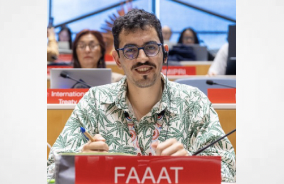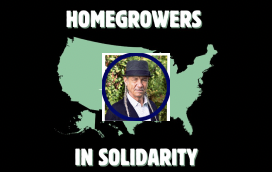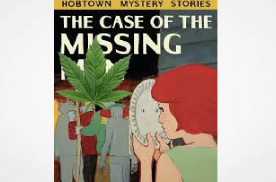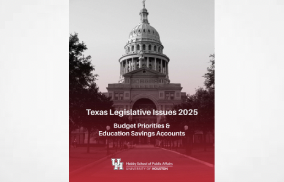Abstract
South Africa’s interaction with Cannabis sativa L.—locally known as dagga or ntsangu—spans centuries and reflects the nation’s complex history. Early prohibition, influenced by colonial dynamics, set the stage for the apartheid regime’s stringent criminalisation of dagga users and growers during the ensuing decades, further enshrined in a 1992 law (two years before the fall of the regime). Following 30 years of strategic litigation, a turning point was reached in 2018 when the Constitutional Court declared that the prohibition of the private use and cultivation of dagga was unconstitutional. This decision paved the way for the 2024 Cannabis for Private Purposes Act, which was enacted exactly 100 years after the first nationwide ban on cannabis in South Africa. This article examines the legal and historical trajectory leading to these developments, the pivotal role of grassroots litigation, and the ongoing legislative challenges that continue to shape South Africa’s dagga policy. By reflecting on the unique characteristics of the South African approach, this article contributes to the broader discourse on cannabis legalisation and the interplay between human rights and drug policy.
Cite as: Kenzi Riboulet-Zemouli, Myrtle Clarke. A Constitutional Right to Cannabis? Grassroots Litigation and Dagga Policy Reform in South Africa. Authorea. February 03, 2025.


















